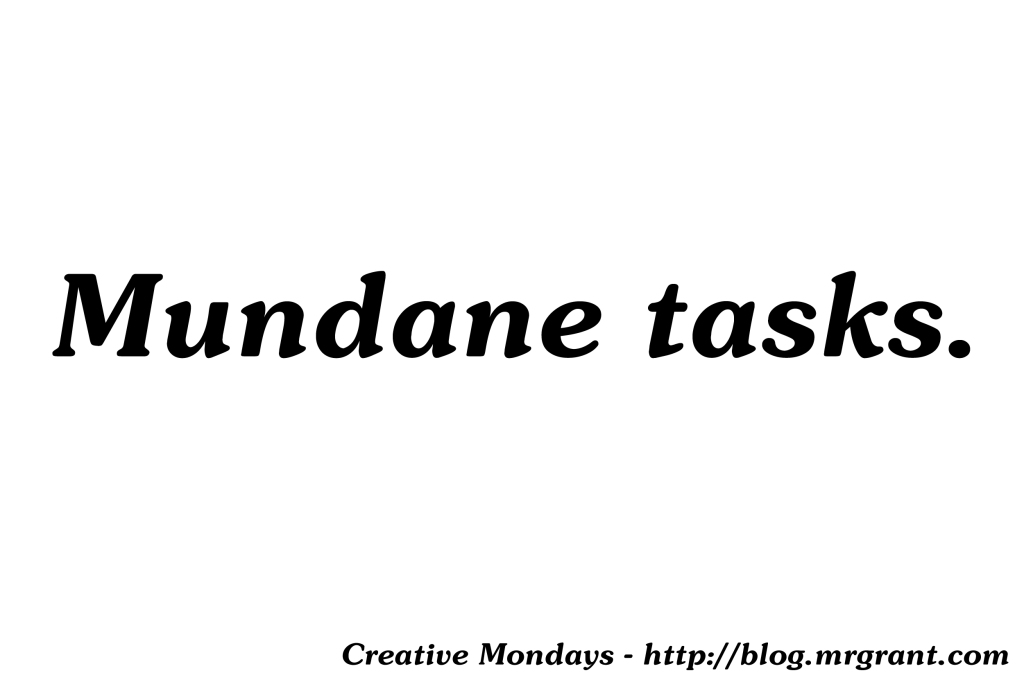

Looking back at my gaming experience, I was able to easily enter that state of flow because I was unreachable 35,000 feet above sea level. I know open spaces are all the rage these days, but they are difficult places to experience a state of flow. Find a way to minimize distractions while completing your task. Breaking up your work into smaller segments will help fuel your focus on reaching a goal and leave you feeling satisfied by your accomplishment. These smaller segments fuel our need to achieve, while also giving us rather instant insight into our performance. This is why levels in a game are so powerful. The longer out the goal, the less likely it will energize us. Even many projects go out at least 6 months before completion. The challenge for many of our jobs is that our goals are done on an annual basis. Research has shown that goals can invoke a sense of achievement when reached.

Break up your work into smaller segments (much like levels in a game). Here are three things to consider implementing into your environment to help make those mundane tasks more engaging. However, was there a way to stay engaged in the mundane to captivate us into a state of flow?

I couldn't help but wonder, can we take these same principles of flow that occurs during gaming and apply them to our sometimes very mundane tasks at work to make them more enjoyable? Because let’s be honest, for many employees work tasks are often not what they are most passionate about nor what they may consider meaningful. Yet, I was still able to enter into this state of flow where all else around me became meaningless in light of my game. But after further reflection I had to ponder, is matching same colored shapes really a passion of mine? Is the task of reaching the next level of Bejeweled meaningful? I don't believe so. It’s is a state of pure engagement.Īt initial thought I assumed flow must exist at the intersection of what I love to do and a meaningful task. The ability to concentrate on the task at hand becomes effortless. What I discovered was that I had entered into what psychologist call a state of flow - a state in which we are completely absorbed in an activity and unaware of all other stimuli. (I ended up developing a white paper on how companies can leverage the power of gaming for leadership development here). Intrigued to better understand my own irrationality, I turned to the psychology research to comprehend what was happening to the state of my mind when playing a game. Where did this absurd thought come from? Would I really rather stay on an overcrowded flight longer in the hopes of matching more same colored shapes? I just needed 10 more minutes to finish the level and get my new badge! I was annoyed that the flight was now coming to an end. I couldn't believe how I felt when the pilot announced it was time to put away all electronics for landing. I remember being on what seemed like a never ending plane ride to the West Coast, when I decided to turn on my iPad for an innocent game of Bejeweled to pass the time. Have you ever wondered what makes gaming so addictive?


 0 kommentar(er)
0 kommentar(er)
